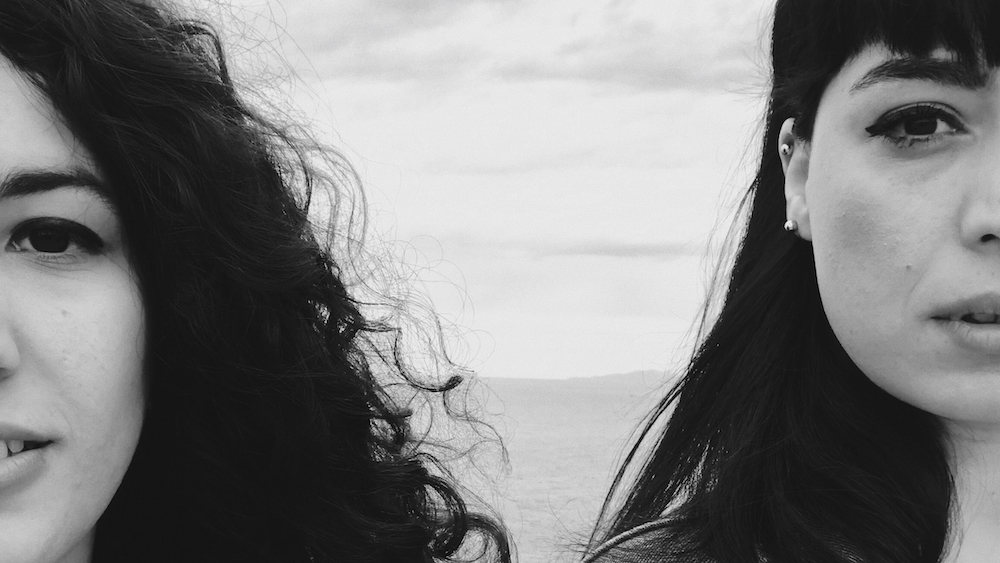Event report
Feminism(s)| Part III: Feminism in Turkey
ONLINE TEA TIME WITH DR. HÜRCAN ASLI AKSOY, CENTRE FOR ADVANCED TURKEY STUDIES (CATS)
November 9, 2020, 7-8 pm

As part of our Feminism(s) series, the program Gender and International Politics organized an event on feminism in Turkey. We were very pleased to talk to Dr. Hürcan Asli Aksoy, Centre for Advanced Turkey Studies at the German Institute for International and Security Affairs, about ideas of feminism and feminist activism in the last few decades in Turkey – a topic that is rarely in focus in German discussions about Turkey.
Asli gave an excellent overview of the history of the Turkish feminist movement, which has its roots in the early 1900s, that is, the late Ottoman period. Urban middle class women gathered in big cities to discuss politics, began issuing women’s magazines, and demanded empowerment of women in marriage and public life. Among other things, they demanded the right to divorce, education, and vote. In fact, the first women’s party was to be established before the Republican People’s Party (CHP), but its registration was refused by the state authorities. Instead, it became an NGO that remains influential until this day.
During the first decades of the Turkish republic, Turkey developed its own brand of state feminism, and major rights were granted to women for the first time. After decades of standstill regarding equality, the second wave of feminism reached Turkey relatively late, in the 1980s, and the women’s movement was particularly vocal in challenging military dominance and demanding democratization after the 1980 coup.
The third wave of feminism in Turkey arose during the 1990s, when different women’s groups, such as Islamic women or Kurdish women, began to highlight intersecting forms of discrimination. For instance, the Islamic women’s movement began to challenge the strict secularism of the Turkish state and demanded to lift the headscarf ban, arguing that it prevents women from participating in public life. In contrast, Kemalist women remained staunch supporters of secular feminism. Kurdish women’s activists often combined questions of women’s rights with the Kurdish national question.
In the 2000s, in the context of pressure from the women’s movement, Turkey’s democratization and EU integration processes, gender-responsive legislation was introduced. For instance, the constitution was updated to oblige the Turkish state to ensure gender equality (2004), marital rape was criminalized and the punishment for honor killings was increased (2005).
However, Turkey’s increasing autocratization since the early 2010s was accompanied by more repressive and anti-gender politics towards women and women’s issues, including attempts to restrict access to abortion and the recent threats to leave the Istanbul Convention. Remarkably, while there have been tensions around ethnicity, class, and the meaning of feminism in general, the Turkish women’s movement has nevertheless been able to unite and mobilize against patriarchy, violence, and inequality, and has pushed back several of such attempts to restrict women’s rights. One of the greatest achievements of the women’s movement was the successful stand against anti-abortion moves by the government; it unified different groups and eventually no legislation restricting this existing right could be passed.
During the discussion, we also talked about generational divides in Turkey. For instance, as younger people tend to be more tolerant, LGBTI* allies and activists can be found even among more conservative fractions of the women’s movement. Asli noted that the HDP is the most feminist party in Turkey, which also has an internal quota and a male and female chairperson, while the CHP pursues the traditional Kemalist feminism. The Turkish feminist movement is highly visible, and according to Asli, the patriarchal state in fact generates energy for resistance. Most activists remain in Turkey and continue their activism despite autocratization, but especially Kurdish women activists have faced repression. We also discussed the lifting of the headscarf ban at public institutions in 2013 in relation to similar discussions, particularly with regard to teachers, in Germany. Lastly, we were surprised to hear that links between the Turkish diaspora and the Turkish feminist community appear to be sparse.
All in all, we had a highly intriguing discussion and greatly expanded our knowledge about the multifacetedness of Turkish feminism. Future events of our Feminism(s) series are set to look at feminism in India and Mexico. You can read more about our past events on Islamic feminism and feminism in China on this website.